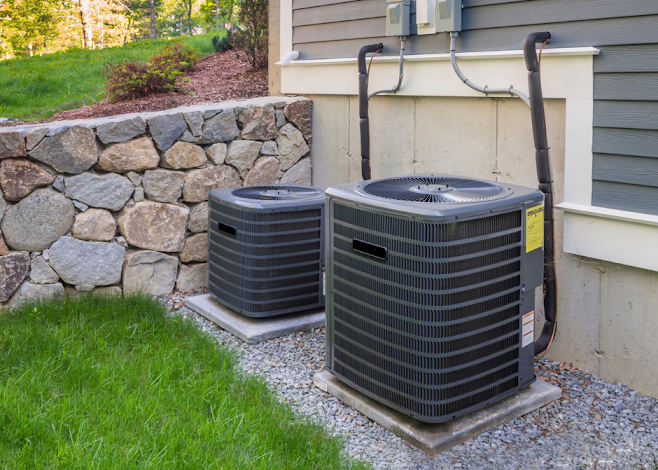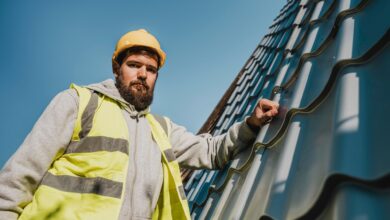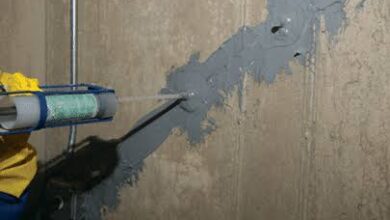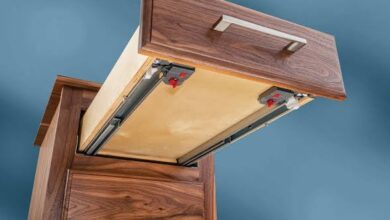Why Is My Air Conditioning Running But Not Cooling?

A well-functioning air conditioning unit is integral to indoor comfort. You may need air conditioning repair if your unit doesn’t cool your home, as this can impact your comfort and increase your energy bills. Here are some reasons why your unit may be running but not cooling your space:
Thermostat Issues
The thermostat is an AC unit’s control center. It signals when an AC turns on and allows you to set your desired room temperature. Issues with this component can be responsible for your system’s inefficient cooling. Sometimes the issue could be as simple as your thermostat not receiving power. This makes it impossible for the component to signal your AC unit. Check whether your thermostat’s display is on. If it isn’t, replace your batteries. Your AC unit may not cool your home because of settings changes. Confirm whether your thermostat is set to “cool.” If not, set it to resume normal operation.
Wrongly Sized AC
ACs are sized according to their cooling capacity, which is measured in British Thermal Units (BTUs). Different home sizes require units with varying BTUs. A 1,500–2,000 square foot home needs 30,000 BTUs, a 2,000–2,500 square foot home needs 34,000 BTUs, and a 2,500–3,300 square foot home needs 42,000 BTUs. Your AC may not cool your home if it’s too small for your space. Check your unit’s BTU rating and contact a professional if it’s too small. They’ll likely recommend replacing the unit with a proper size to prevent future cooling problems.
Dirty Air Filter
An AC unit’s air filter plays a key role in keeping your home cool, as it catches airborne particles that enter your system before they reach key components like your evaporator coil. It also promotes optimal airflow by catching dirt and debris, allowing your unit to pull and push air to and from your home efficiently. A dirty filter can allow airborne particles to reach your unit’s components, affecting their performance. It can also restrict airflow, preventing your unit from cooling indoor air. Your air filter may be dirty if you notice increased allergy attacks in your home and dust on surfaces near your vents. If this is the case, call a professional for cleaning or a replacement.
Frozen Evaporator Coil
The evaporator coil is a key component in an AC’s indoor unit, as it’s responsible for cooling the refrigerant. Your unit may be unable to cool your home if the coil freezes. This can result from a clogged drainpipe, refrigerant problems, or a dirty air filter. A clogged drainpipe can cause freezing by sparking too much condensation on the coil, low refrigerant levels can cause the condensation on the coil to freeze, and a dirty air filter can allow dirt and debris to collect on the coil, preventing heat exchange. You’ll know you’re dealing with a frozen evaporator coil if you notice frost on the coil or ice on the outdoor refrigerant line. Evaporator coil problems are complex, so seek professional air conditioning repair services for quality results.
Leaking Refrigerant
An AC refrigerant absorbs heat from indoor air, allowing your unit to release cool air into your home. Your system may fail to cool your space if there’s a refrigerant leak, as this prevents heat exchange. A common sign of a refrigerant leak is a frozen evaporator coil. You may also hear hissing sounds coming from your system. These result from cracks in the evaporator coil. Shut your unit off and contact a professional when you notice these signs alongside inefficient cooling. A reliable professional will repair the leak and recharge your refrigerant to its original capacity with the same gas used by your system’s manufacturer to promote optimal performance.
Blocked Condenser Coil
The condenser coil releases the heat absorbed by the refrigerant from your house. It’s susceptible to blockages by dirt and debris as it’s located outside. If this happens, the coil can’t release the heat absorbed by your unit’s refrigerant. This can cause your AC to run but not cool. Inspect your unit’s condenser coil for dirt if you suspect it may be responsible for your cooling problems. You can clear blockages by carefully brushing the coils and vacuuming all debris. Make sure your unit is turned off before doing this. If cleaning doesn’t resolve your unit’s cooling issues, contact an experienced professional for an in-depth inspection.
Seek Professional Air Conditioning Repair Services
Shut your system off and seek professional air conditioning repair services if the unit is running and not cooling your space. Professionals have the skills and tools to diagnose and repair the AC problems mentioned above. Proper repair can enhance indoor comfort and increase your system’s lifespan.



